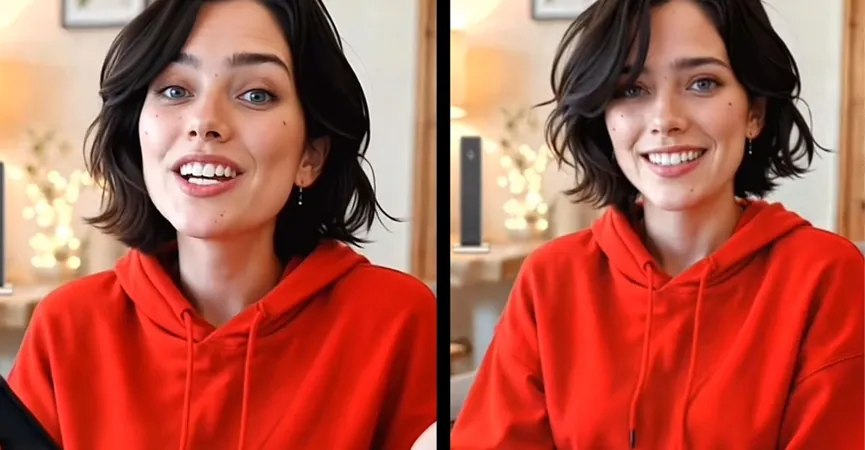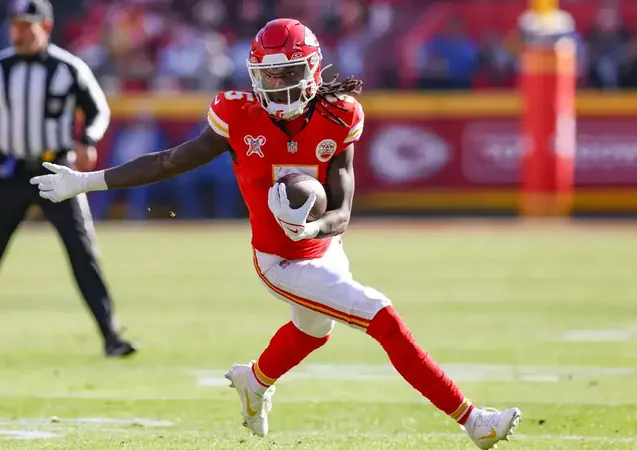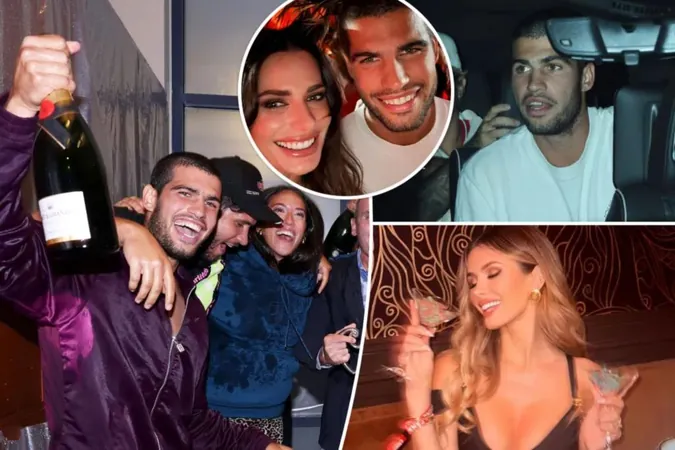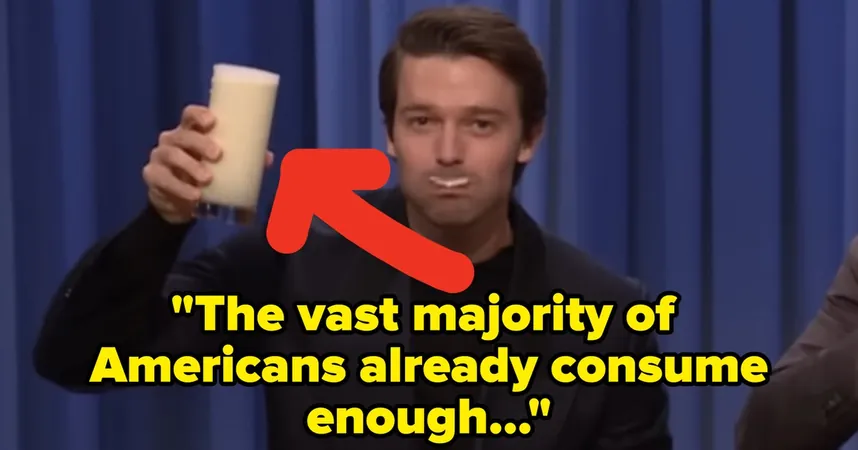
Meet the AI Influencer: Vodafone's Bold Move in Advertising
2025-09-08
Author: Chun
While scrolling through TikTok during my recent trip to Germany, I stumbled upon an intriguing Vodafone ad featuring a woman who seemed too perfect to be true. As I watched, it became clear: this presenter was likely a product of generative AI.
The signs were unmistakable—her hair moved in an unnatural way, blemishes mysteriously vanished, and her facial expressions stirred an unsettling feeling reminiscent of the 'uncanny valley.' My suspicions were quickly confirmed when Vodafone itself chimed in on the comments section.
When a user questioned why they didn't use a real person, Vodafone's response was as bold as its advertising strategy: they are "testing different styles of advertising—this time with AI." They further asserted, "AI is such a part of everyday life these days that we also try it out in advertising." Clearly, they’re not shy about pushing boundaries.
This innovative approach certainly managed to seize my attention, though not for the typical reasons. The eeriness of the AI influencer had my brain working overtime, questioning the very nature of authenticity in marketing.
Interestingly, this isn’t Vodafone’s first foray into AI-powered ads. Just last year, they launched a commercial comprised entirely of AI-generated visuals. The trend of using artificial intelligence to create fake influencers is on the rise; industry examples include Lil’ Miquela, a digital avatar created by Dapper Labs, who has fronted campaigns for iconic brands like Calvin Klein, Prada, and BMW.
As technology evolves, it raises an important question: how far can we push the envelope in the name of advertising?



 Brasil (PT)
Brasil (PT)
 Canada (EN)
Canada (EN)
 Chile (ES)
Chile (ES)
 Česko (CS)
Česko (CS)
 대한민국 (KO)
대한민국 (KO)
 España (ES)
España (ES)
 France (FR)
France (FR)
 Hong Kong (EN)
Hong Kong (EN)
 Italia (IT)
Italia (IT)
 日本 (JA)
日本 (JA)
 Magyarország (HU)
Magyarország (HU)
 Norge (NO)
Norge (NO)
 Polska (PL)
Polska (PL)
 Schweiz (DE)
Schweiz (DE)
 Singapore (EN)
Singapore (EN)
 Sverige (SV)
Sverige (SV)
 Suomi (FI)
Suomi (FI)
 Türkiye (TR)
Türkiye (TR)
 الإمارات العربية المتحدة (AR)
الإمارات العربية المتحدة (AR)